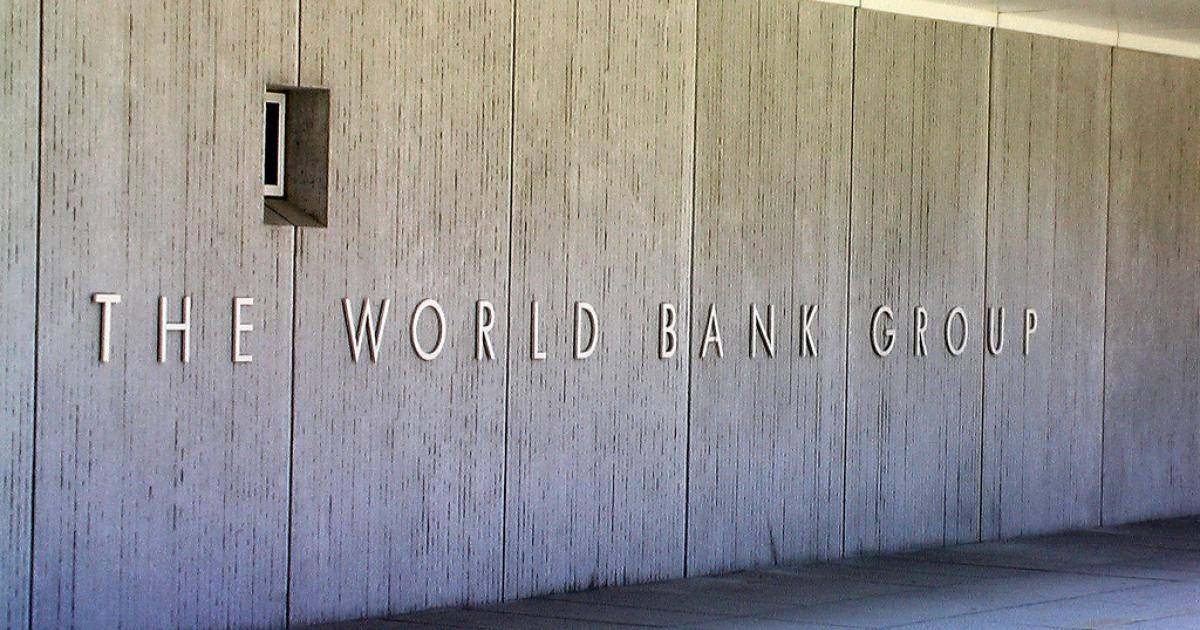World Bank Sanctions Additional USD 3 Mn To Support Innovation Hubs In Nigeria

The World Bank has approved additional USD 3 Mn to support the Nigerian government’s bid to diversify the country’s economy through the creation of technology hubs. Nigeria’s Vice President Yemi Osinbajo disclosed this at the opening ceremony of the 2018 Technology and Innovation Expo in Abuja.
Prof. Osinbajo explained that the first tranche of the funds which will be used to set up six technology hubs in universities across Nigeria has already been disbursed.
The Vice President further said that a competitive selection process of private sector entities that will implement and manage the hubs have been concluded. Explaining that each of these hubs will focus solely on the market challenges peculiar to the region of the country in which each is located.
“As part of our own effort to create an emerging environment for technology band innovation in Nigeria, President Buhari has approved a new science and technology innovation roadmap 2012-2030 for Nigeria,” he said.
Part of the policy prohibits sourcing or supply of any science and engineering products from abroad unless such cannot be produced in the country.
The policy also seeks to establish centres for acquisition of technology in each of the geopolitical zones of the country in addition to providing intervention funds that will strengthen research and development through training programmes and partnerships in Nigeria universities and polytechnics.
It was reported that in 2014 Nigeria received a grant of USD 70 Mn for the provision of training and higher education in science, technology, engineering and mathematics (STEM), as well as agriculture and healthcare.